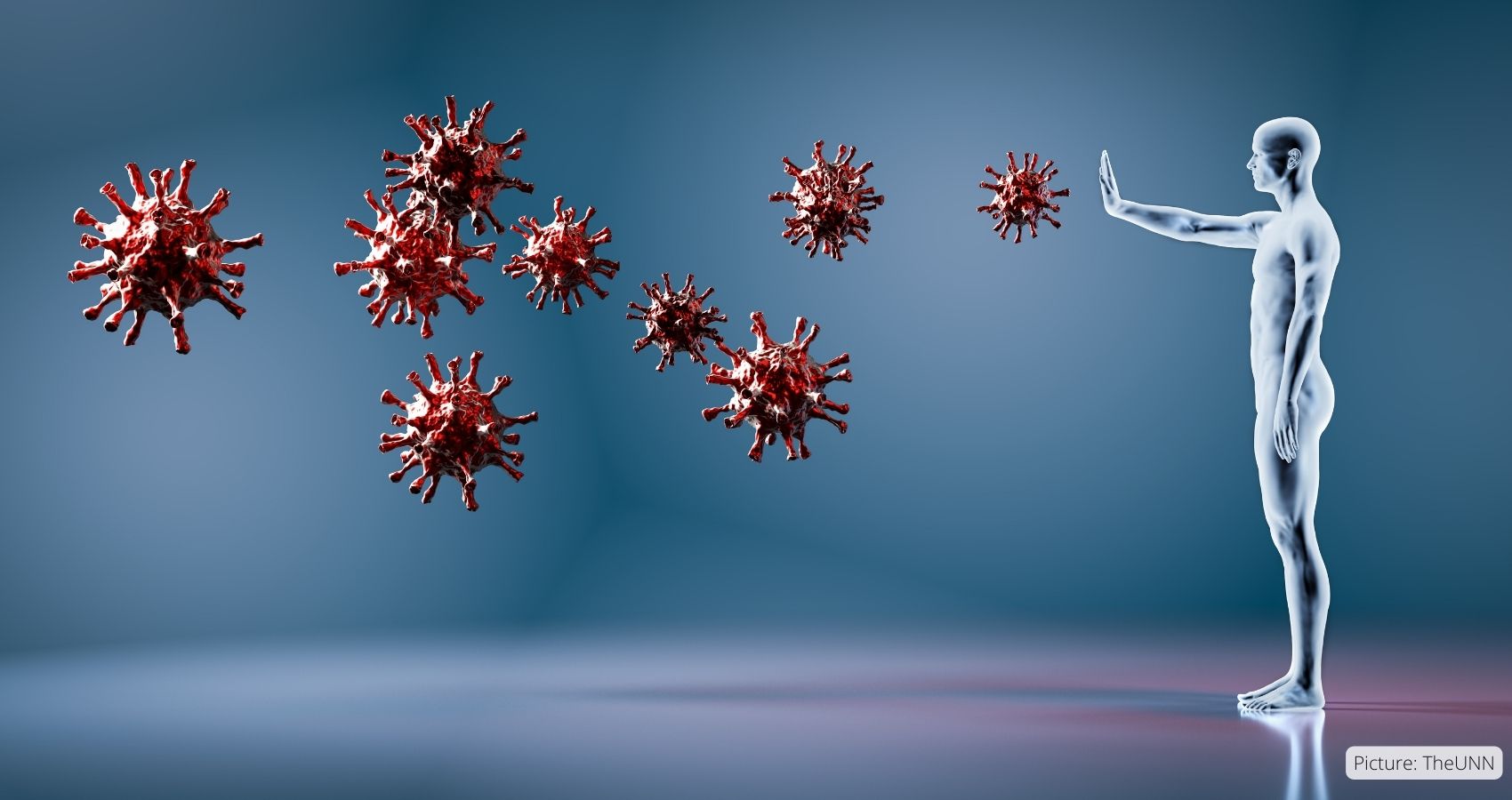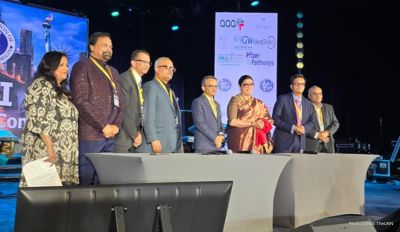In the midst of the Covid-19 pandemic, there has been a heightened focus on maintaining robust immune systems. Many individuals have turned to home remedies and various medications, often marketed as immune-boosting solutions. This surge in interest has given rise to an entire industry dedicated to chewables, pills, and powders claiming to fortify our immune defenses. From the popular haldi ka doodh (turmeric milk) to salt gargling, several pseudo-scientific approaches gained traction.
As attention shifts back to the ongoing threat posed by the newest variant, JN.1, concerns about our susceptibility to illness have resurfaced. While vaccines and universal masking strategies take center stage in the battle against Covid-19, Shweta Gupta, unit head of dietetics at Fortis Hospital, Shalimar Bagh, emphasizes the importance of incorporating immune-building practices into our daily routines.
Recognizing that there is no foolproof method to prevent Covid-19, experts suggest a combination of lifestyle changes and healthy habits to naturally enhance the immune system. Shweta Gupta advocates for a nutrient-rich diet, emphasizing the consumption of foods rich in vitamin C (found in citrus fruits like seasonal oranges, malta, and guava), vitamin D (abundant in fatty fish and fortified dairy), and zinc (found in nuts, seeds, and legumes). Dr. Gupta advises against relying on immunity-boosting drinks, urging individuals to opt for colorful fruits and vegetables that are loaded with antioxidants, potentially shielding immune cells.
Furthermore, Dr. Mahua Kapoor Dasgupta, director of medical affairs in infectious diseases at HaystackAnalytics, stresses the importance of obtaining these essential nutrients from food rather than supplements. She highlights that supplements often lack the full spectrum of nutrients and enzymes found in whole foods.
Protein intake is highlighted as crucial for supporting white blood cells, integral to the immune system’s defense against infections. Dr. Gupta recommends ensuring an adequate intake of protein from sources such as dals, legumes, milk, eggs, chicken, and fish. With Indian diets typically rich in carbohydrates, extra attention to incorporating proteins is advised.
Gut health is identified as another key element in immune system support. Dr. Gupta suggests consuming probiotic-rich foods like yogurt and other fermented items to foster a healthy gut microbiome, which is closely linked to immune function.
Hydration is emphasized as a fundamental aspect of immune health. Dr. Dasgupta underscores the role of water in facilitating the circulation of blood and lymph, both essential for carrying immune cells crucial in defending against pathogens and maintaining overall health. It is recommended to consume around 2-3 liters of water daily, considering external and internal factors such as diet and season.
Moderate exercise is proposed as a means of enhancing immune function by reducing inflammation and promoting the healthy turnover of immune cells. Dr. Divya Singh, a senior surgeon at Ram Manohar Lohia Hospital and director of Maaiya Social Front Foundation, advises engaging in activities like brisk walking or swimming, aiming for at least 150 minutes of moderate exercise per week.
Adequate sleep emerges as a vital yet often overlooked factor in immune health. Dr. Singh stresses the importance of adults getting at least 7 hours of sleep each night, with teens and younger children requiring 8–10 hours and up to 14 hours, respectively. Establishing good sleep hygiene practices, including limiting screen time before bed and maintaining a consistent sleep schedule, is recommended.
The impact of stress on immune health is acknowledged, with chronic stress potentially weakening the immune response by reducing the number of natural killer cells or lymphocytes in the body. Stress management techniques, such as mindfulness, meditation, or deep breathing, are suggested by Dr. Gupta to mitigate the negative effects of stress on the immune system.
Maintaining a balanced lifestyle and avoiding excessive alcohol consumption and smoking are highlighted as crucial components of immune health. Recognizing the potential negative impact of these lifestyle choices on the immune system, individuals are encouraged to adopt practices that contribute to overall well-being.
While there is no guaranteed method to prevent Covid-19, a holistic approach encompassing lifestyle adjustments and healthy habits can play a significant role in enhancing the immune system. The advice from experts emphasizes the importance of a nutrient-rich diet, protein intake, gut health, hydration, moderate exercise, adequate sleep, stress management, and a balanced lifestyle in fortifying the body’s defenses against infections and illnesses. As we navigate the ongoing challenges posed by the pandemic, incorporating these practices into our daily lives may contribute to a resilient and robust immune system.











